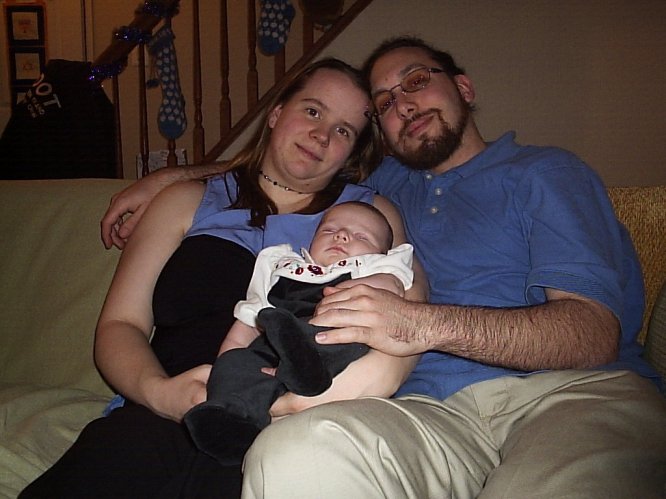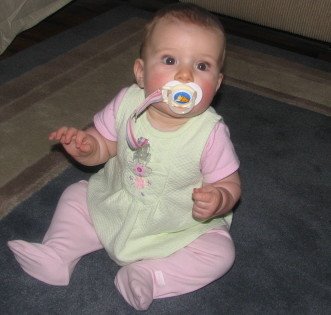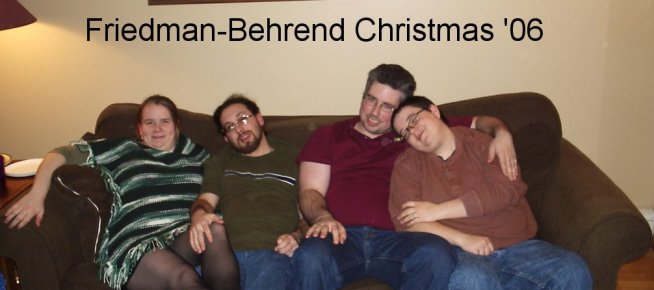So I have discovered something from my childhood I definitely want to keep. My father had this thing about "talking the way you write, not writing the way you talk". This has turned me into an excellent writer.
I have come to value when people speak with a subject and verb in their sentences. It makes it so even when people are coming from completely different points of vew they still have a common lexicon. The words they use have a common meaning.
I can't satnd when people use sland and abbreviations over the internet. The question "how r u" makes me want to strangle someone. But I can ignore it most of the time. However, when people take that and put it back into the spoken language it drives me crazy. I can deal with people adding -sits-, or some other verb in their text box. But if you are talking to me, don't just say "sits" or "sprawls". Use the english language. It was created for a reason.
My father always said that sland was created to separate people, to set themselves apart. I always thought that was stupid. But even if it isn't done intentionally, it still serves to separate us. If we have a language, wouldn't it be wonderful if when we said something we meant the same thing?
It would make life so much easier, especially for someone with treouble reading body cues. You could just look at the words and know and at worse, ask for a clarification.
1. Think about what you want to communicate
2. Say what you mean and mean what you say
3. Make sure the words you use mean what you think they do
I had a very good vocabulary from early on. I knew what words meant ( and if I didn't, he made sure I did.)
When I say a couple, I mean two. When I say a few, I mean three. Was that so hard?
Reading was also a big part of my childhood. My biggest reading problem wasquickly running out of books. If you don't see a word you won't learn it.
Words are very powerful. I want to see them kept pure. When a word means too many things, it means nothing. The best example I have may seem offensive, but I don't mean it that way. When someone says something about "Christians" it makes a problem. Everyone has such a different view; there are so many different denominations and beliefs... what makes a Christian? Not even all "christians" believe in Christ. (This is not a rant on Christianity or religion at all, just the words used to talk about it.)
From the english classes I've been in it seems to be about how to write papers for the best grade or interpreting someone else's work, quite possibly in ways they never meant. I wrote a poem in highschool. Then the teacher "interpreted it". It was absolute bull.
Words and writing are an art. Can we make them beautiful again?
...looking out my eyes...
...speaking with my voice...
...burying my cries...
...he drives away my friends...
...locks me in my head...
...and if I were to kill him...
...we would both be dead...
One-Of-A-Mind-Bear

Subscribe to:
Post Comments (Atom)




1 comment:
I had that experience with a poem I wrote in school. I meant the last line to hint at something I hadn't actually explained in the poem, and the main clue was that it was the only way that this line would make sense. But the teacher said to me "you've made a mistake - it should be such and such". The thing I was hinting at, the whole point of the poem, had passed her by completely. I could have explained, but even at that age I realized that if you have to explain something, probably it was never going to make much sense, and you should just let it go. Sigh.
Post a Comment